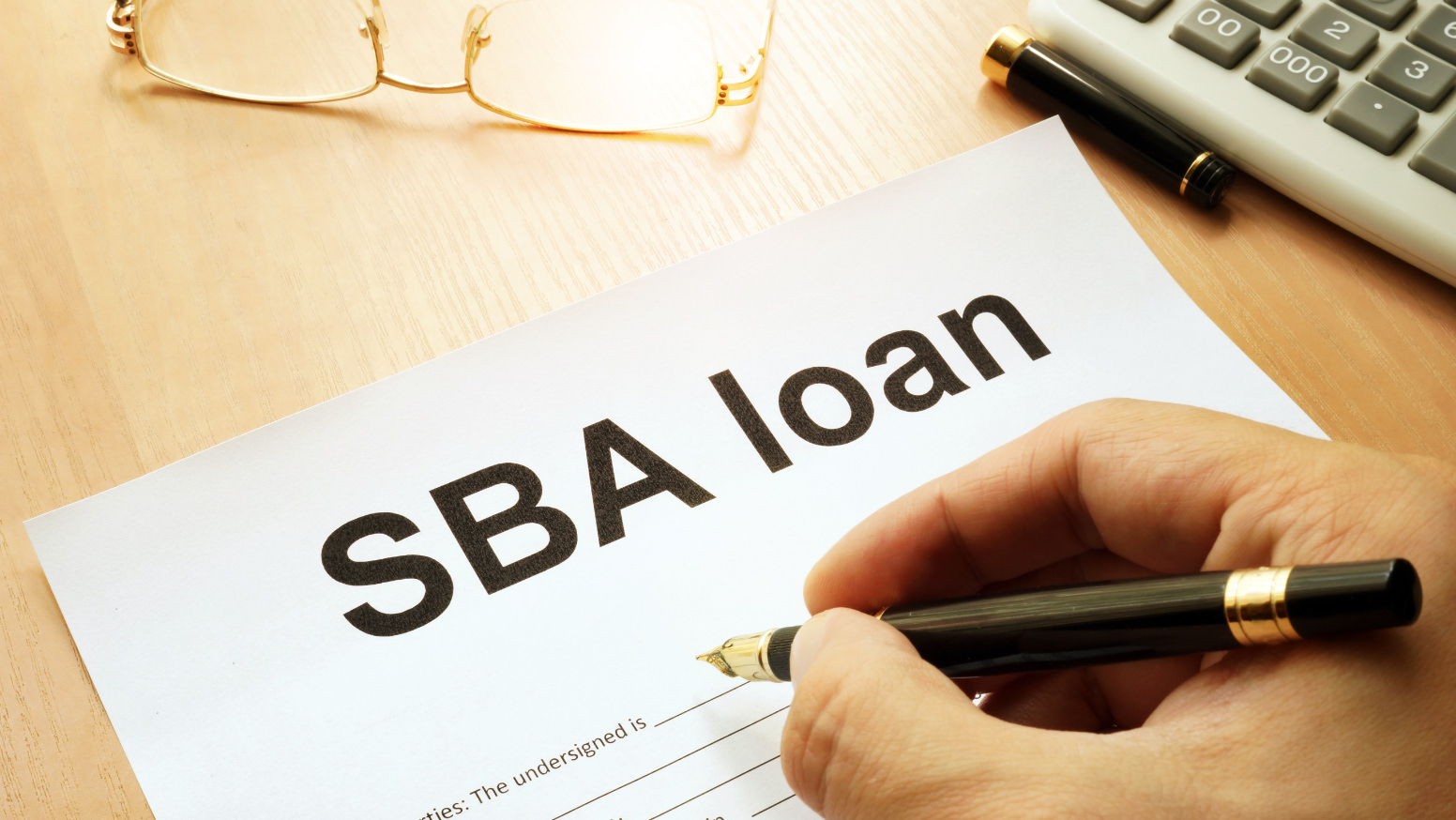As a general rule, more so now than in the past, the Small Business Administration (SBA) will direct a Guarantor to submit their SBA offer-in-compromise package to the lender for preliminary review and approval. In fact, not in every office, but in some, lenders will be given just 10-days to get the job done. It is not that the SBA is trying to be unkind, but if lenders what to support the deal time of the essence. Now, if for some reason the lender can’t or simply won’t cooperate in the process, SBA will usually take on the responsibility of doing the entire review and work out the particulars with the lender following their own internal process. But, what if the lender just won’t play ball?
My lender has refused every offer I have made?
First, make sure your packages are complete and your offer is serious. If you are working with a professional, they will know how to prepare your offer package and what is expected by the lender and the SBA. Where we see the most mistakes involves a blind appeal for sympathy. Folks, its not that the SBA analysts aren’t human; we work with them every day and the human factor comes into play all the time. But, the guidelines under which they operate require a stringent review of your financial condition. In short, your offer has to present itself as a better alternative to anything else the government is likely to collect from you through enforced collections. In many cases, administrative wage garnishment (AWG) makes it likely that a substantial percentage of the debt might be collected over your working lifetime. Therefore, if your offer has any chance of success it must, at a bare minimum, take that calculation into account.
Second, make sure you are really putting your best foot forward. If you clearly have assets and are unwilling to borrow or at least consider partially liquidating them to support your offer, the SBA may consider the offer insincere — at least, that is my take. So, don’t bother low balling the SBA, unless the rationale for the low offer would make financial sense to the analyst.
Finally, if the lender tells you the offer is just not enough, then look for a way to improve it, or you may end up in Treasury.
Do I really need the lender’s approval?
Yes, in the vast majority of cases, if your lender will not support your offer, the battle is lost. Gaining the support of your lender does not assure acceptance of your offer by the SBA, but failing to secure their recommendation in support of your offer all but assures its rejection. You may be under a lot of stress, but never never yell at your banker; it won’t help and can make things worse. The SBA Offer-in-Compromise package still requires a lot of work on your bank’s part, if they choose to recommend it for approval. Do not give your banker, who may be short-staffed, another reason to put your file on the corner of his her desk in the “I will get to it later pile”. Remember, you are asking the lender to help you and whatever other feelings you may have at the time, you need that help.
The lender’s just doesn’t like anything I suggest. I think they are being unreasonable.
In my experience, lenders rarely turn down a good offer. After all what’s not to like about recovering more money on a bad loan? Sadly, in some cases, lenders may have all but adopted a no settlement policy. A loan committee may have unrealistic expectations that the Guarantors simply cannot meet or may simply have a sour taste in their mouth based on the loan history or their interactions with the Borrower and Guarantors. Sometimes, it just feels personal and it may be.
Can the bank just refuse to settle?
Yes, the SBA, in my experience, will not question a bank’s refusal to settle. Only in certain situations where a bank refuses to review an offer within the time provided by the SBA will some SBA offices take over the offer review process. I am led to believe that, in those few cases, the bank may be asked by the SBA to essentially waive its right to any part of the recovery. Hence, at that point the bank’s consent no longer has any real bearing on the approval by the SBA.

